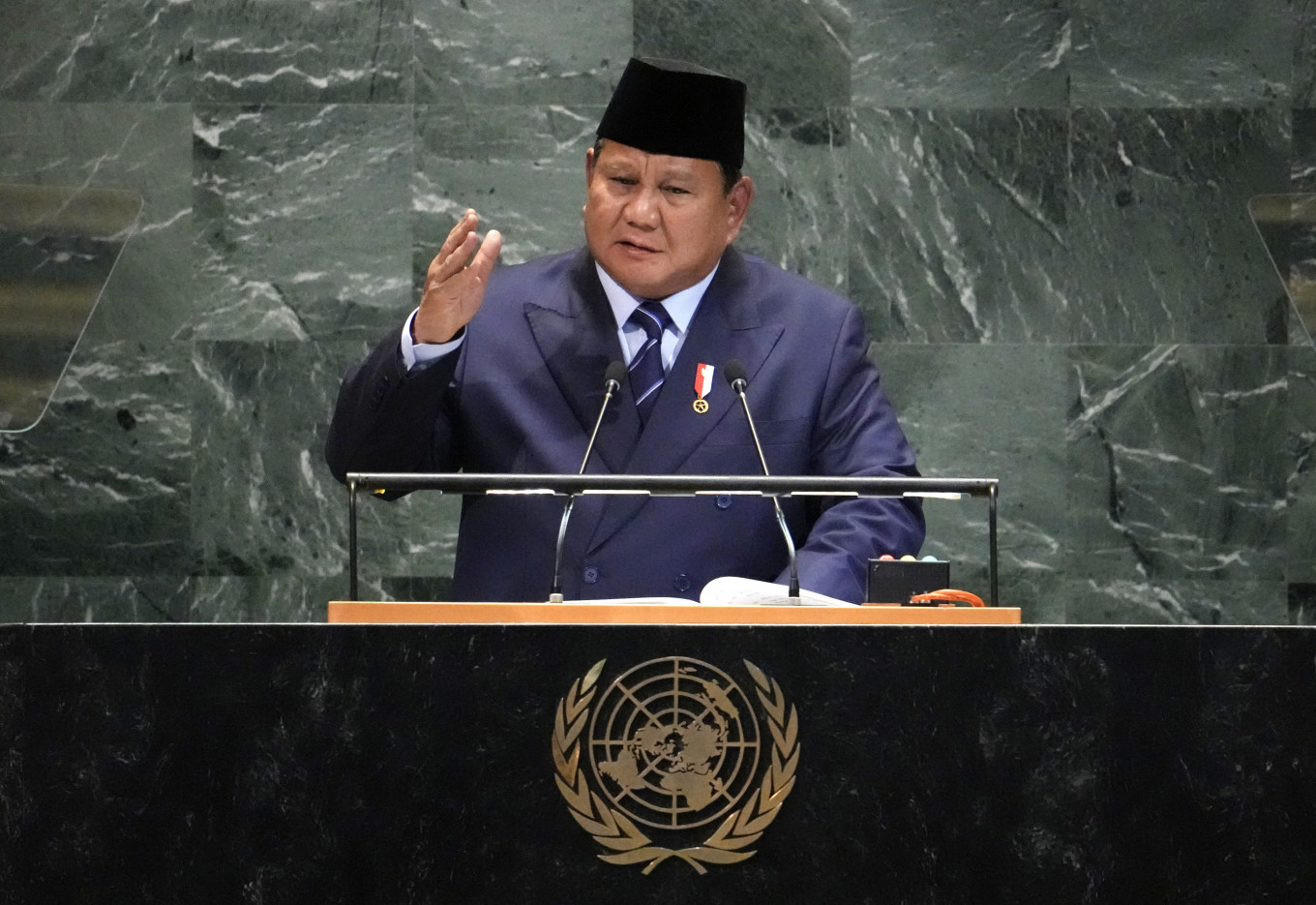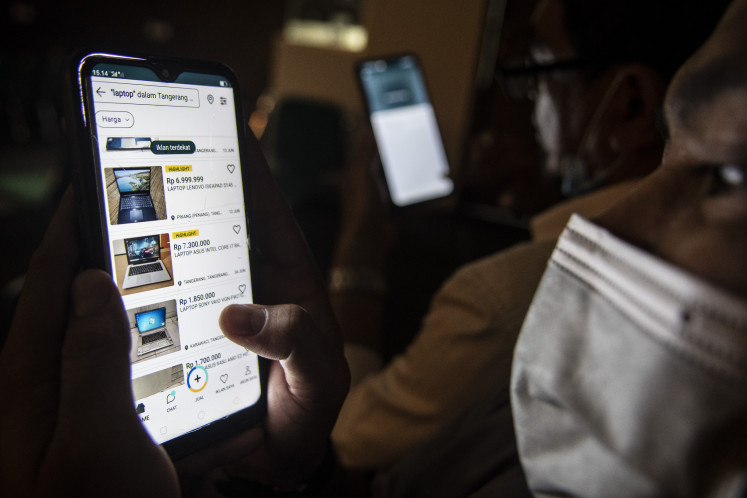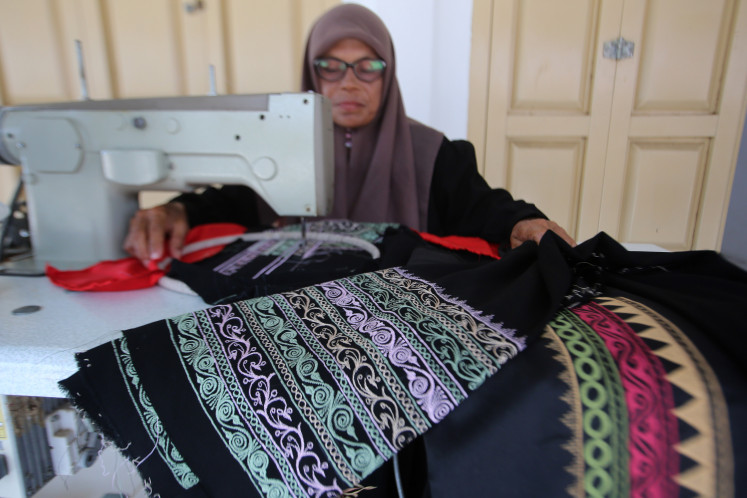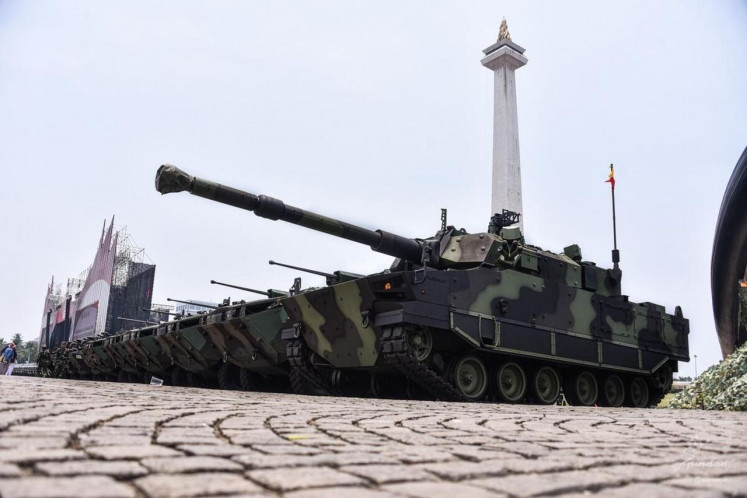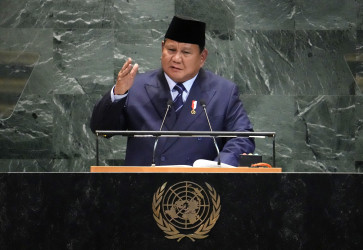Popular Reads
Top Results
Can't find what you're looking for?
View all search resultsPopular Reads
Top Results
Can't find what you're looking for?
View all search resultsRethinking Pancasila’s ideological power for the future
President Prabowo’s focus - on food and energy security, defense modernization and economic sovereignty - instinctively recognizes the challenge to transform its founding philosophy, Pancasila, into a living force for competitiveness.
Change text size
Gift Premium Articles
to Anyone
W
hen George C. Lodge and Ezra F. Vogel published Ideology and National Competitiveness in 1987, they offered a timeless thesis: The true foundation of national strength is not material or technological, but ideological.
For them, competitiveness is not merely an outcome of productivity or trade advantage; it is the expression of a nation’s collective belief system - its moral consensus, cultural discipline and shared sense of purpose. Ideology, when open, adaptive and coherent, serves as the invisible infrastructure that sustains a nation’s competitiveness across generations.
Lodge and Vogel observed that every successful nation is guided by an ideology that shapes its economic and political behavior. Japan’s postwar miracle was fueled by an ideology of harmony and communal responsibility, linking industrial discipline and technological pragmatism to nationalism.
Similarly, South Korea's rapid post-1950 advancement stemmed from a communitarian capitalism that synergized the state, business and managers, who worked together as patriots for national development. The United States dynamism, conversely, emerged from an ideology of individual liberty and creative risk-taking that sustained innovation and entrepreneurship.
Each framework, regardless of its inherent strengths, defined how societies pursued excellence, fairness and innovation. Today, as irregular competition - spanning hybrid warfare, disinformation, cyber rivalry and supply chain manipulation - defines global interaction, this insight is more resonant than ever.
The modern battlefield is moral as much as material. Nations that align ideology with adaptability will prevail; those clinging to rigid dogmas will decay. Lodge and Vogel categorized Korea, Japan and Taiwan as communitarian high performers. In comparison, the US and the United Kingdom were deemed too individualistic, their free-market ideology making long-term strategic coordination difficult.
Indonesia under President Prabowo Subianto stands at a historic inflection point. The country is blessed with vast resources, strategic geography and demographic vitality. Yet, these material assets alone will not guarantee survival or leadership in an era defined by knowledge, technology and strategic coherence.

